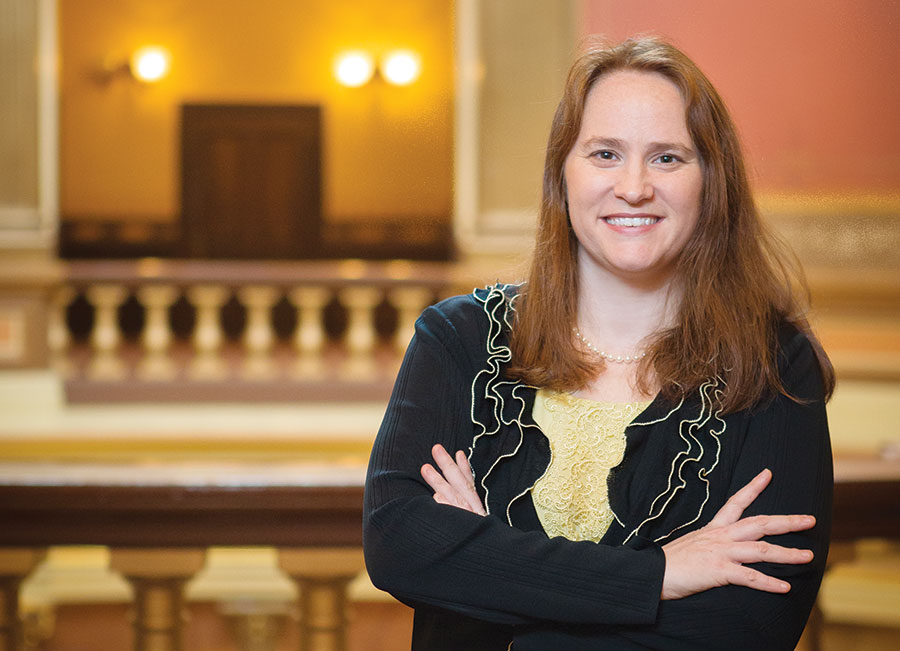In the last few years, the state of Michigan has dealt with public concern over various energy issues. Cherryland Electric Cooperative recently sat down with the Executive Director for the Michigan Agency for Energy, Valerie Brader, to discuss the challenges and opportunities our state faces as Michigan’s Electric Cooperatives continue to modernize their energy portfolio.
Q: How does the state view solar power production in Michigan?
Solar has gotten much cheaper. Even in 2012, it was much more expensive than other resources. Now, it is more cost competitive. The new energy legislation asks the Michigan Public Service Commission to look at the value of solar in a very specific way. Most utilities in our lower peninsula are summer peaking utilities. That means they have the highest demand at the height of the summer when everyone’s air conditioning is turned on. Solar can be really valuable to summer peaking utilities. When it’s coming in at a time when there is plenty of other power, it can be less valuable. How valuable solar really is needs to be evaluated on a utility-by-utility and state-by-state basis.
Q: What are our biggest opportunities for reducing waste in the state of Michigan?
Michigan has a huge amount of energy waste reduction opportunities. If you look around, Michigan’s housing stock is a little older than our neighbors. Older typically means the insulation is not as good. Homeowners should make sure that the lights in their home have been swapped out to LED lightbulbs and make an effort to get insulation in the right spots. New furnaces are an opportunity, too. Just 15 years ago your furnace was probably 80 percent efficient; now there are 92 percent or 96 percent efficient furnaces for about the same amount of money. There are a lot of opportunities for people to improve their homes and to be more comfortable at a lower cost of energy.
Q: What is the condition of the energy generating capacity in Michigan?
In the lower peninsula, about 90 percent of our demand must be met with in-state resources because of the physics of the grid. With all the coal plant closures, we are running a lot closer to our margins than usual. The concern is making sure that everyone, no matter who you are a customer of, is helping to pay for the new plants we need. Electricity is different from most products in that if we don’t have enough supply for everybody, nobody gets any power. The grid will collapse if supply doesn’t meet demand, causing widespread outages that take hours to fix. One of our goals is to make sure that we don’t ever face those kinds of outages. The new legislation ensures that every supplier of electricity must meet their share of reliability requirements.
Q: How much capacity do you think will be built over the next 5–10 years?
That is one thing that the new legislation will help us answer. All rate-regulated utilities must file an integrated resource plan. They essentially show a prediction of what their demand is going to be and how they are going to meet it.
Listen to the entire interview at https://cherrylandelectric.coop/2017/03/valerie-brader-michigans-energy-future/






